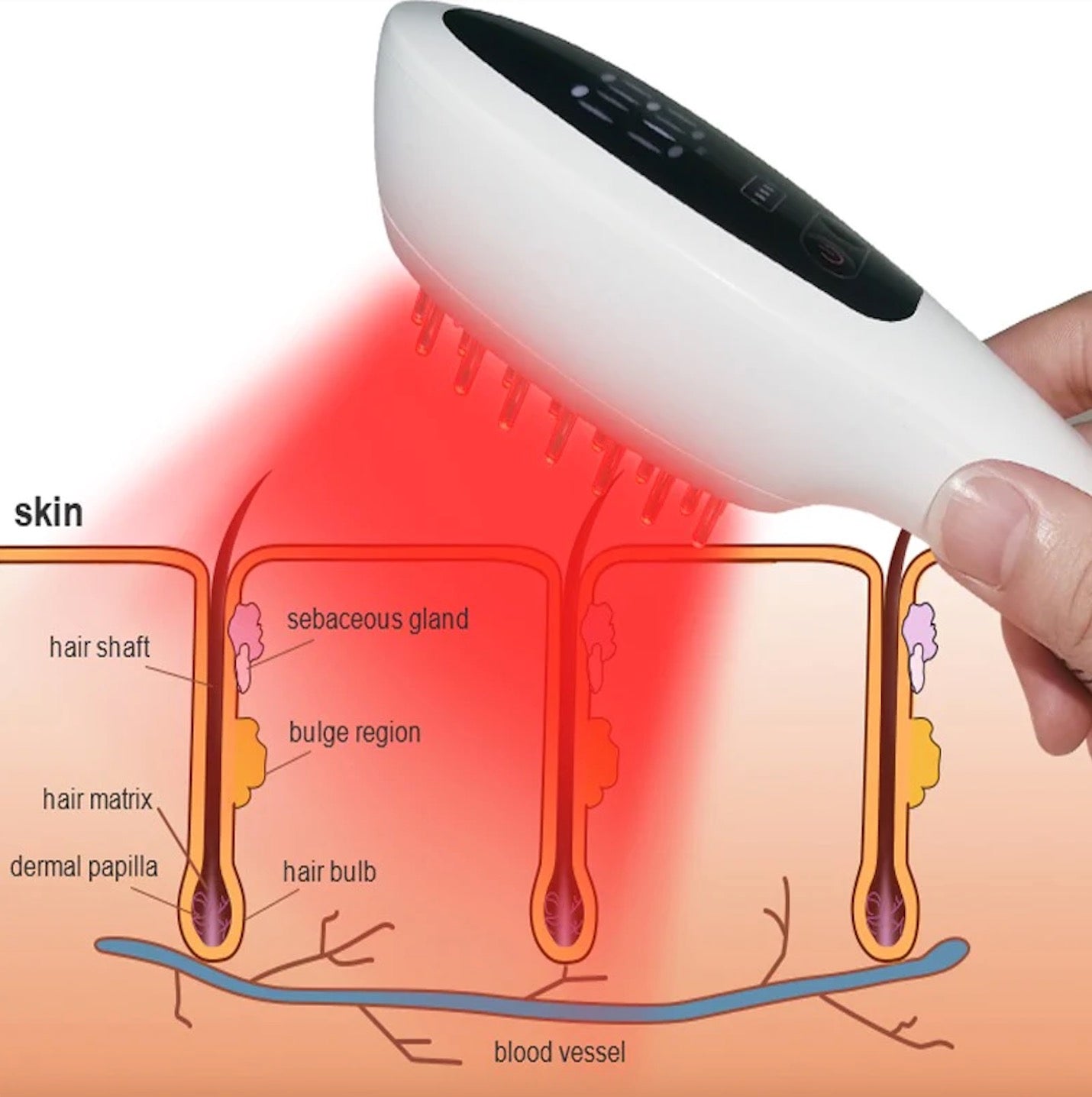Cervical Spondylosis, also known as cervical syndrome, is a general term for cervical osteoarthritis, proliferative cervical inflammation, cervical nerve root syndrome, and cervical disc herniation. It belongs to a kind of degenerative changes, mainly due to long-term cervical strain, bone hyperplasia, or disc herniation, ligament hypertrophy, resulting in cervical spinal cord nerve root, vertebral artery compression, the occurrence of systematic clinical symptoms.
1, Clinical symptoms
Mainly manifested as neck and shoulder pain, headache, dizziness, numbness of upper limbs, palpitation, shortness of breath, and unstable blood pressure. Severe cases may have symptoms such as inability to move and incontinence.
Causes of Cervical Spondylosis
1) keep your head down reading for a long time and keep your neck in one position
2) head and neck trauma.
3) bad posture, such as lying in bed watching TV, pillow, sitting to sleep, etc.
4) congenital dysplasia of the cervical spine.
Conventional Treatment
(1) Oral drugs: mainly used for anti-inflammatory, analgesic and nutritional nerve drugs.
(2) traction method: through the balance between traction force and anti-traction force, the phenomenon of abnormal cervical curve should be gradually corrected. It should be forbidden in the acute phase to prevent local inflammation and aggravation of edema symptoms.
(3) Physiotherapy: Sound, light, electricity, magnetism, and heat act on the human body to achieve the purpose of anti-inflammatory and analgesic.
(4) surgery: for cervical spondylotic myelopathy, which is characterized by walking weakness of lower limbs, gait instability, and incontinence, surgery should be performed as soon as possible. Other types such as nerve root type, sympathetic nerve type, and vertebral artery involvement Compression is predominantly conservative.
LED light therapy for Cervical Spondylosis
Red light therapy has analgesic and anti-inflammatory effects, and can improve blood circulation, accelerate the excretion of metabolites, reduce exudation and increase its absorption. It is very effective in treating complications caused by cervical spondylosis.
Zang Shaomei of Jinan Hospital of the Air Force has reported that 12 patients with cervical spondylosis were treated with red light, of which 8 cases were cured, 4 cases were improved, and all of them were effective.
Typical case: male, 53 years old, neck pain with numbness and weakness in the left hand for 2 months, physical examination, bilateral Huffman sign (+) and obvious left side, tendon reflex, hyperactivity of both upper limbs and knee reflexes, normal muscle strength, hypoesthesia of the left limb compared to the right limb, X-ray showed C6 vertebral posterior margin hyperplasia.
The patient was treated with red light for 5 times, the cervical pain was significantly reduced, his left hand was numb, his weakness improved, Huffman sign (±), 12 treatments, the conscious symptoms disappeared, Huffman sign (-), and he was cured after 16 treatments and was discharged.
Related Article




